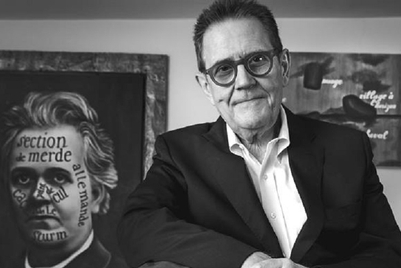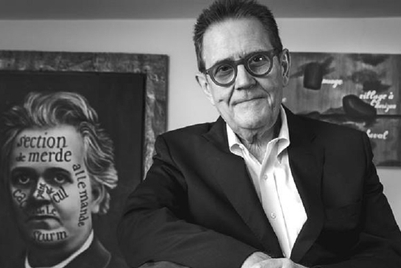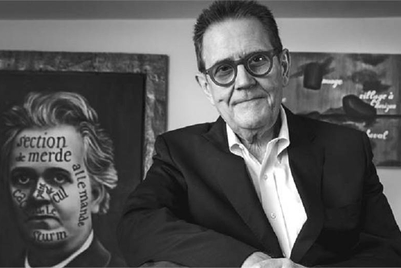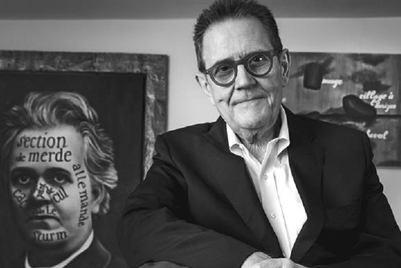
Yet Harvard is one of the best universities in the world.
They won three out of four National Debating Championships; they beat every other university in the US.
How could they be beaten by a team of convicts?
The answer lies in reframing the question.
The team of convicts were part of the Bard Prison Initiative.
BPI consists of 200 inmates across six prisons in New York State.
All these prisoners are working towards getting a degree.
It’s their ticket out of a life of crime.
Figures show that inmates who get a degree have a 2 per cent record of ending up back in prison.
As opposed to a 40 per cent record for those who don’t.
So the BPI programme is incredibly competitive to get on to.
Prisoners have to pass complicated tests, write essays, sit in-depth interviews.
All the while being whittled down for the few places available.
Like Harvard, only the very best get chosen but, unlike Harvard, they don’t have any distractions.
There are no parties, or sports, or picnics, or fraternities.
All there is is your cell and your books, and nothing to do but study and practise debating.
Max Kenner, the person who founded BPI, wants it to grow.
But, for that, he’d need more resources: more money.
He decided the best way to raise money was publicity.
So Kenner decided he needed to get people talking about BPI.
He needed controversy.
Prison inmates are the bottom of the social ladder.
"Inmates who get a degree have a 2 per cent record of ending up back in prison. As opposed to 40 per cent for those who don’t"
So he decided to pit them against the very top of the social ladder.
He invited Harvard to debate against his students.
He also invited the Military Academy at West Point and the debating champions, the University of Vermont.
And his inmates beat them all.
They won in formal debates lasting several hours with strict rules.
The final debate, against Harvard, was presided over by judges from Cornell University, Rutgers University and Hobart and William Smith Colleges.
The result was unanimous among all the judges.
A member of the Harvard debating team explained how the prisoners won.
He said: "They caught us off guard with a completely unexpected line of argument. We hadn’t thought about it and we had no answer."
That may be the difference between the formal, linear sort of education you get in academic establishments and the education you get on the streets.
In academic institutions, you just have to be better than the others.
In the real world, that’s not enough.
The real world is more competitive.
You have to out-think other people, you have to do the unexpected.
Not just a better version but something they wouldn’t even think of.
You win the fight before the fight.
I recently saw a quote by the US colonel who created Tiger Force to fight the Viet Cong in guerrilla-style warfare.
Colonel David Hackworth has won the Silver Star ten times.
He said: "If you find yourself in a fair fight, you didn’t plan your mission properly."
That’s what they don’t teach you at Harvard Business School.
(This article first appeared on Campaignlive.co.uk)



.jpg&h=334&w=500&q=100&v=20250320&c=1)
.jpg&h=334&w=500&q=100&v=20250320&c=1)
.jpg&h=334&w=500&q=100&v=20250320&c=1)



.jpg&h=334&w=500&q=100&v=20250320&c=1)






.png&h=268&w=401&q=100&v=20250320&c=1)
.png&h=268&w=401&q=100&v=20250320&c=1)


